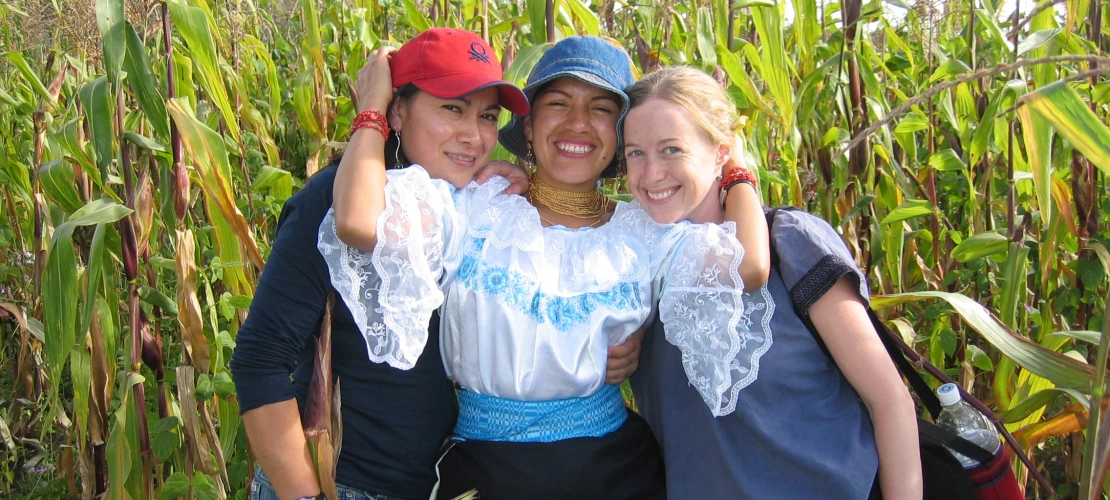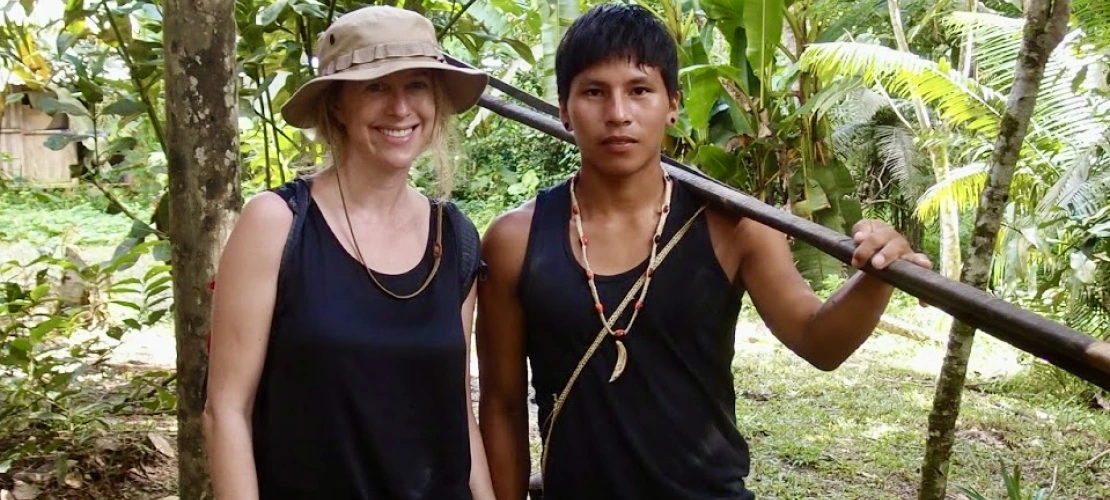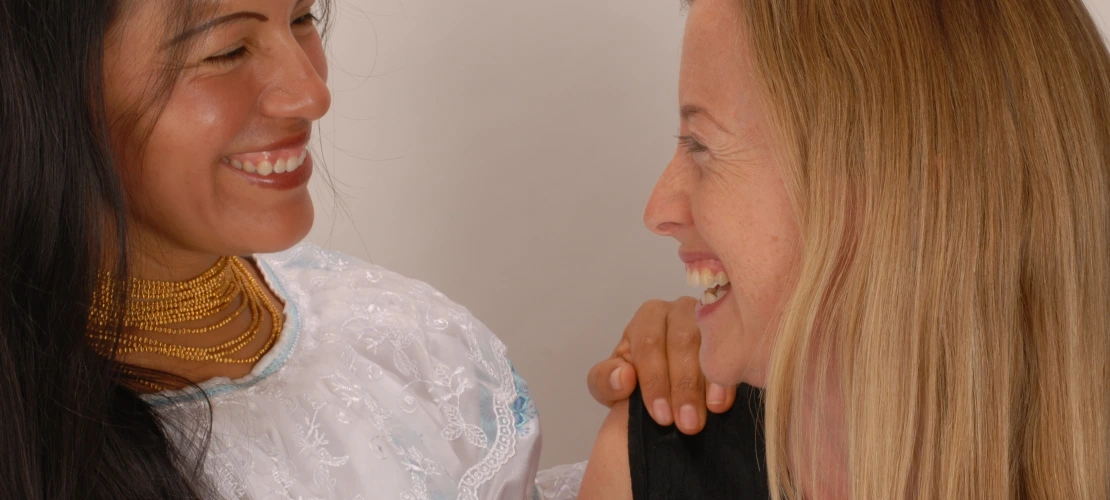Stories That Heal: Bridging Cultures through Words
Anthropology alumna blends humanitarianism, writing, and global exploration to uplift voices and inspire change.
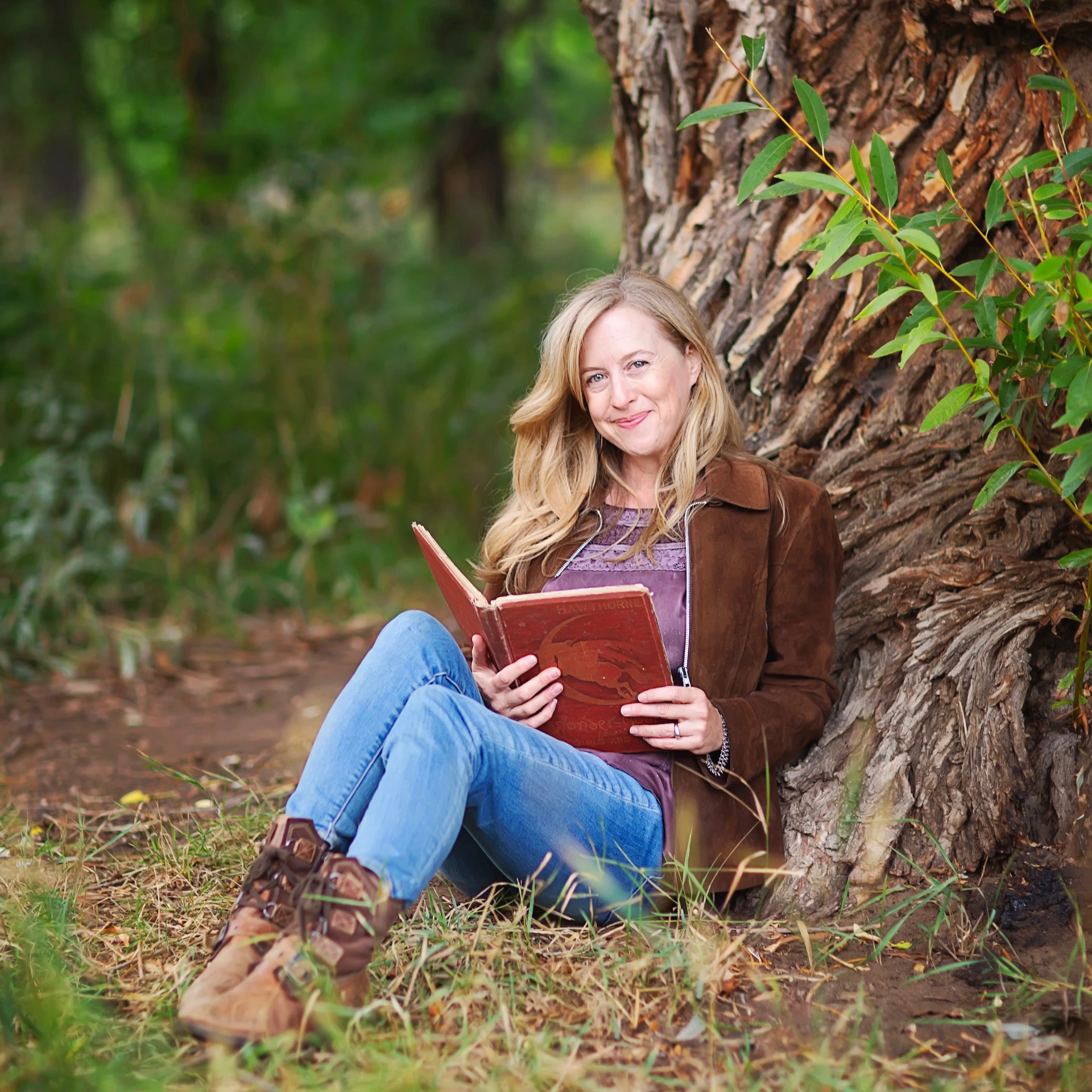
Laura Resau Photo
Since finishing her masters in cultural anthropology at the University of Arizona in 2002, Laura Resau has traveled the world and written about a dozen books, one of the most recent of which is the children’s book “Stand as Tall as the Trees: How an Amazonian Community Protected the Rain Forest.”
Q&A with Laura Resau ’02
Why did you choose the U of A?
While living in Oaxaca, I became close with Indigenous healers there and wanted to explore healing practices around the world. The University of Arizona seemed the perfect place to study this, so I embarked on a master’s degree in Cultural Anthropology with a medical concentration. I loved the gorgeous campus and warm weather, too!
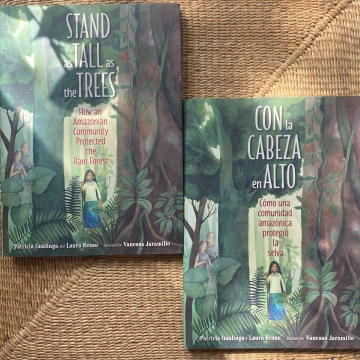
"Stand as Tall as the Trees: How an Amazonian Community Protected the Rain Forest," co-authored with Patricia Gualinga, is now available in English and Spanish.
Laura Resau Photo
What extracurricular activities did you participate in?
I volunteered to tutor a Bosnian refugee in English, which was life changing. She opened up to me about the challenges she’d been through, which led me to learn more about the war in the former Yugoslavia and experiences of refugees globally. This ended up being inspiration for one of my most popular young adult novels, “Red Glass.”
What was your favorite class?
I loved Professor Jennie Joe’s class, Sacred Spaces, about Indigenous relationships with the land. She is Professor Emerita, Family and Community Medicine and Interim executive co-director, Native American Research and Training Center. She was an adviser for my master's research in Mixtec communities in Oaxaca.
I thought often of her class while co-authoring a picture book with the amazing Indigenous Ecuadorian activist Patricia Gualinga — “Stand as Tall as the Trees: How an Amazonian Community Protected the Rain Forest.”
What is one piece of advice you would give to incoming first-year students?
Explore possibilities that fascinate you, even if you don’t know exactly how they might tie into your future career. For example, during my graduate studies in anthropology, I took an undergraduate creative writing class for fun. It ended up being pivotal for me in combining my passion for anthropology and my passion for writing books. Think outside the box!
How did your degree help you in your career?
As an author who writes books for all ages about global human and environmental rights, I’ve drawn on my studies in anthropology. My degree has helped in my collaborations like “The Queen of Water,” a true story co-authored with María Virginia Farinango, an inspiring Indigenous Ecuadorian woman. This anthropological approach has helped me uplift incredible voices through story.
What is one thing you wish more people knew about your career?
Medical anthropology explores so many facets of health, including our relationship to the environment. When our environment suffers, so does the health of humans and our communities. With an anthropological approach, we listen carefully to people talk about their experiences to understand what’s happening environmentally, physically, socially, emotionally, and more. It’s a vital step in helping them advance their rights.

